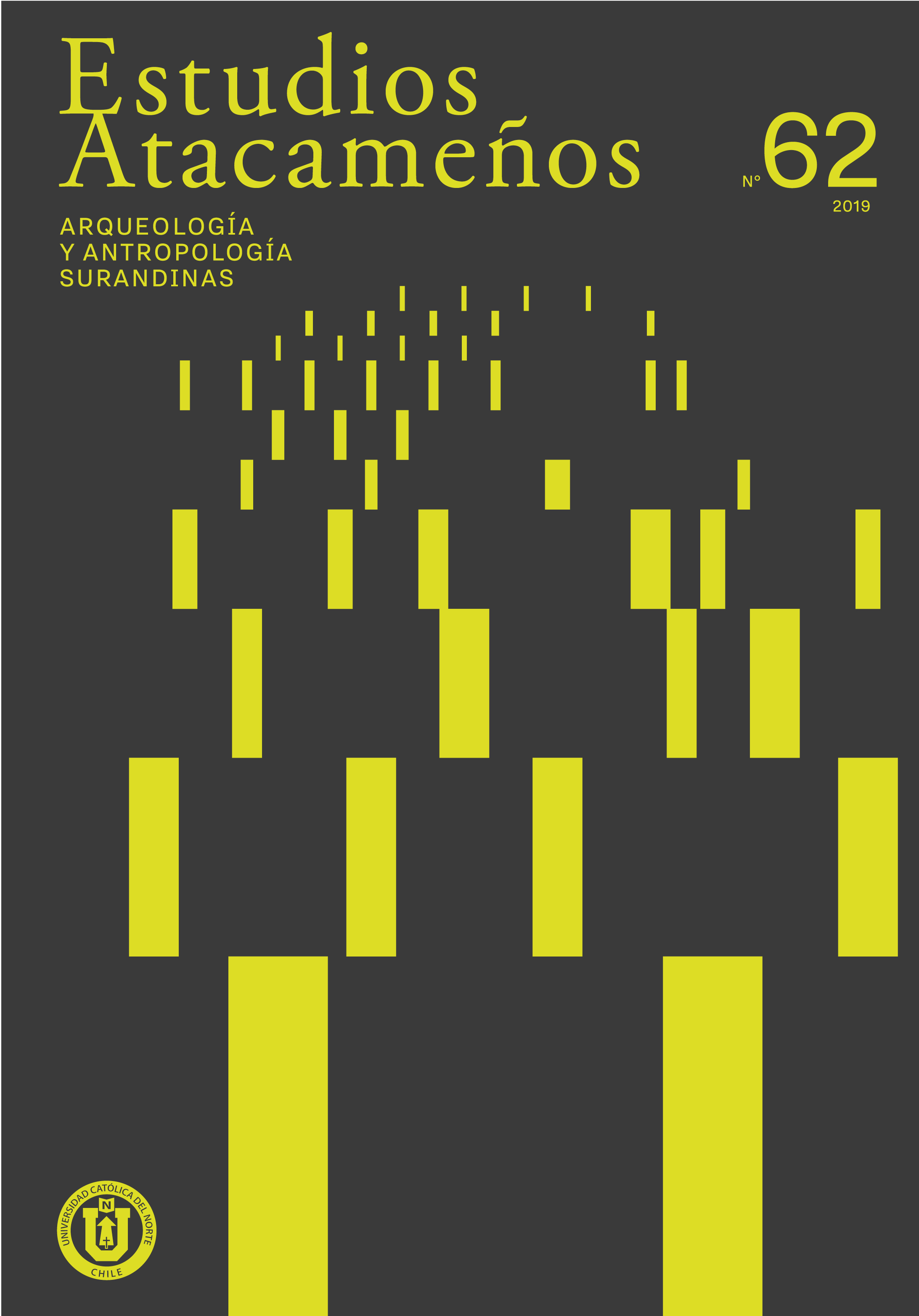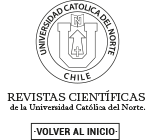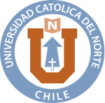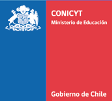El Boicitizenship fetichism
DOI:
https://doi.org/10.22199/issn.0718-1043-2019-0016Keywords:
biopolitics, pastoralism, atavism, exceptionalism, citizenshipAbstract
The notion of a unique turn of Western modernity in the ways of engagement between politics and life has brought the idea of a political landscape dominated by authoritative discourses promoted by an array of biological disciplines, techniques and technologies. Under such a scenario, the emergence of a concept of biological citizenships seems a required analytical tool for social sciences. This article poses a limitation to the reach of such analytical tools. Based on experiences with mobile goat herders from de Chilean Norte Chico, and urban advocates of milk-free diets, biocitizenship does not seems to be a good descriptor of political agency among the communities of goat herders, and even when it seems to be, the biological engagement of citizenship turns out to be artificial and product of a fetishization process through a resource of naturalization termed atavism. Additionally, we argue that a similar process affects the concept of biopolitics itself, fetishized through the ethnocentric idea of a special uniqueness of Western modernity, which in turns deprives social sciences of any goal oriented to understand societies and deprives citizens of means to change them.
References
Alexander, W. (2004). Clandestine Artisans or Integrated Producers? Standardization of Rural Livelihood in the Norte Chico, Chile. Culture & Agriculture, 26(1), 38-51. http://doi.org/10.1525/cag.2004.26.1-2.38/abstract
Alexander, W. (2008). Resiliency in hostile environments: a comunidad agrícola in Chile’s Norte Chico. Cranbury: Lehigh University Press.
Bahamondes, M. (2003). Poverty-Environment Patterns in a Growing Economy: Farming Communities in Arid Central Chile, 1991-99. World Development, 31(11), 1947-1957. http://doi.org/10.1016/j.worlddev.2003.06.003
Boron, A. (2003). Notas sobre un extravío teórico político en el pensamiento crítico contemporáneo. En V Encuentro Internacional de Economistas sobre Globalización y Problemas del Desarrollo (pp. 1-17). La Habana, Cuba.
Carsten, J. (2004). After Kinship. New departures in anthropology. Cambridge, UK: Cambridge University Press.
Castro, M. y Bahamondes, M. (1984). Un aporte antropológico al conocimiento de los mecanismos de subsistencia de las comunidades de la IV Región de Chile. Ambiente y Desarrollo, I(1), 143-146.
Castro, M. y Bahamondes, M. (1986). Surgimiento y transformación del sistema comunitario: Las comunidades agrícolas, IV Región, Chile. Ambiente y Desarrollo, II(1), 111-126.
Chomsky, N., Foucault, M. y Elders, F. (2006). La Naturaleza humana: justicia versus poder: un debate. Buenos Aires: Katz.
Da Col, G. y Graeber, D. (2011). Foreword. HAU: Journal of Ethnographic Theory, 1(1), vi-xxxv. http://doi.org/10.14318/hau1.1.001
De Tocqueville, A., Reeve, H. y Spencer, J. C. (1840). Democracy in America: Part the Second: The Social Influence of Democracy. New York: J. & H.G. Langley.
Engels, F. (1975). Socialism: Utopian and Scientific. Marx/Engels Selected Works. Moscow: Progress Publishers.
Esposito, R. (2008). Bíos. Biopolitics and Philosophy. Minneapolis, MN: University of Minnesota Press.
Fiebig-Wittmaack, M., Astudillo, O., Wheaton, E., Wittrock, V., Perez, C. e Ibacache, A. (2011). Climatic trends and impact of climate change on agriculture in an arid Andean valley. Climatic Change, 111(3-4), 819-833. http://doi.org/10.1007/s10584-011-0200-z
Foucault, M. (1980). The history of sexuality. Vol. 1: An introduction. New York: Vintage Books.
Foucault, M. (2008). The Birth of Biopolitics. Lectures at the Colle?ge de France, 1978-79. En Senellart, M., Ewald, F. y Fontana, A. (Eds.). Basingstoke: Palgrave Macmillan.
Foucault, M. (2009). Security, territory, population?: Lectures at the Colle?ge de France, 1977-78. En Senellart, M., Ewald, F. y Fontana, A. (Eds.). London: Palgrave Macmillan.
Gallardo, G. (2002). Communal Land Ownership in Chile: The Agricultural Communities in the Commune of Canela, Norte Chico (1600-1998) (International Land Management Series). Aldershot: Ashgate.
Hardt, M. y Negri, A. (2000). Empire. Cambridge, MA: Harvard University Press.
Harris, M. (1992). Vacas, cerdos, guerras y brujas: los enigmas de la cultura. Madrid: Alianza.
Harris, M. (1998). Good to Eat: Riddles of Food and Culture. Illinois: Waveland Press.
Instituto Nacional de Investigaciones Agropecuarias (2005). Estudio “Diseño, Implementacion y Seguimiento Plan integral de desarrollo del Secano, IV Región de Coquimbo”. Etapa 1. Reconocimiento Detallado del Territorio a Intervenir.
Lemke, T. (2011). Biopolitics: An advanced Introduction. New York, NY: New York University Press.
Livenais, P. y Baeza, X. A. (Eds.). (2003). Dinámicas de los sistemas agrarios en Chile árido: la Región de Coquimbo. Santiago: LOM.
Marx, K. (2014). El Capital. México D. F.: Siglo XXI Editores.
Millard, A. V. y Kingfisher, C. P. (1998). “Milk Makes Me Sick but My Body Needs It”: Conflict and Contradiction in the Establishment of Authoritative Knowledge. Medical Anthropology Quarterly, 12(4), 447-466. http://doi.org/10.1525/maq.1998.12.4.447
Morales, C. y Parada, S. (2005). Pobreza, desertificación y degradación de los recursos naturales. Santiago: Cepal.
Rabinow, P. y Rose, N. (2006). Biopower Today. BioSocieties, 1(2), 195-217. http://doi.org/10.1017/S1745855206040014
Reynoso, C. (2015). Crítica de la antropología perspectivista. Buenos Aires: SB Editorial.
Rose, N. y Novas, C. (2005). Biological Citizenship. En Ong, A. y Collier, S. (Eds.). Global Assemblages: Technology, Politics, and Ethics as Antrhopological Problems (pp. 434-463). Oxford, UK: Blackwell Publishing Ltd.
Rose, N. S. (2007). Politics of life itself?: biomedicine, power, and subjectivity in the twenty-first century. Princeton, NJ: Princeton University Press.
Sahlins, M. (2008). The Western illusion of human nature. Chicago, IL: Prickly Paradigm Press.
Santander, A. (1993). Contribución al Estudio del Impacto de la Economía Minero-Cuprífera en el Desmonte o Tala de la Vegetacion Arbórea y Arbustiva, 1601-1900. Ovalle-Illapel.
Sartre, J.-P. (1963). Crítica de la razón dialéctica. Buenos Aires: Losada.
Strathern, M. (1988). The gender of the gift: problems with women and problems with society in Melanesia. Oakland, CA: University of California Press.
Taussig, M. T. (1980). The devil and commodity fetishism in South America. University of North Carolina Press.
Young, G., Zavala, H., Wandel, J., Smit, B., Salas, S., Jimenez, E., … Cepeda, J. (2009). Vulnerability and adaptation in a dryland community of the Elqui Valley, Chile. Climatic Change, 98(1-2), 245-276. http://doi.org/10.1007/s10584-009-9665-4
Published
How to Cite
Issue
Section

All works published in Revista Estudios Atacameños (ISSN on line:0718-1043) Revista Estudios Atacameños Creative Commons International 4.0 attribution (CC BY 4.0) licence.
Authors remain the owners of their work and may republish their articles elsewhere without having to request permission, as long as they indicate that the work was originally published in Revista Estudios Atacameños (ISSN on liine:0718-1043).

















